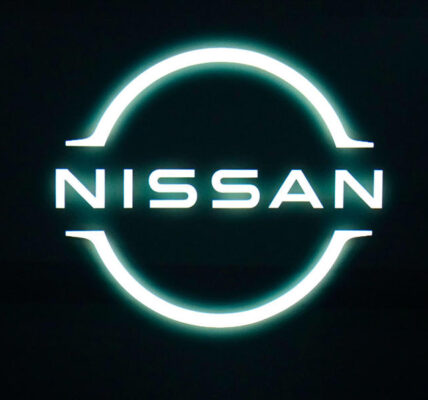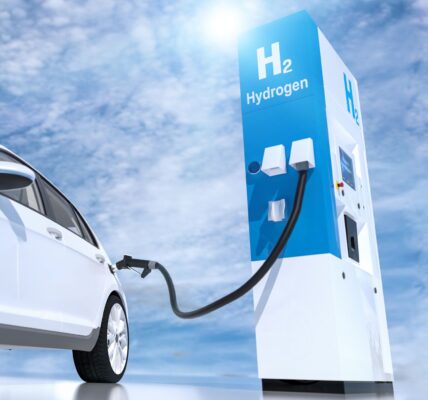Nissan Field Testing New Mobility Services As Part Of Building Sustainable Future Community In Japan
Nissan began a field test of new mobility services as part of a partnership to promote future community building in Japan.
The partnership agreement between three local governments and eight companies aims to develop new modes of transportation, and to promote the use of renewable energy, in the Hamadori area of Fukushima Prefecture. The overall goal is to help develop a revitalized, resilient and sustainable low-carbon community.
The field operation tests are aimed at assessing receptiveness among residents and visitors to the community. The tests include operation of an EV shuttle service that runs in a loop around the central district of Namie town at a high frequency, using roadside stations as mobility hubs. The hubs connect to other vehicles, including personal vehicles, which serve as “spokes” and are used for travel to nearby areas.
The service supports both passenger and cargo transport. It includes home delivery of packages using “spoke” vehicle such as EV taxis and utilizing Japan Post vehicles for efficient delivery, as well as roadside station pickup of purchases from supermarkets. The tests also include running an autonomous vehicle on a route around central Namie.
The long-term vision is to create sustainable transportation services that offer convenience and contribute to the economy.

To help create a sustainable, low-carbon community, the partnership initiative includes building an energy management system that uses electric vehicles and stationary rechargeable batteries. It also aims to enhance the use of renewable energy at various facilities.
The participating companies will also use their know-how to support projects related to tourism and revitalization, aimed at creating a more attractive local community. Additionally, they plan to cooperate to make the community more resilient through the use of electric vehicles to supply power at stores and other sites during disasters.







